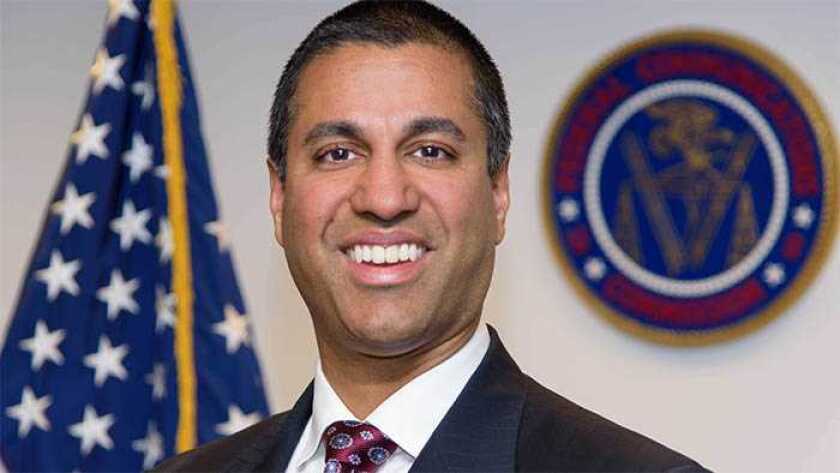The regulator, the Federal Communications Commission (FCC), make the declaration last night against the two.
Capacity has asked Huawei to comment on the announcement. In a statement earlier in the year Huawei had urged FCC chairman Ajit Pai to think again, calling the order “profoundly mistaken”. It added: “The FCC’s process for labelling Huawei a security threat violates bedrock principles of due process and is based on nothing more than irrational speculation and innuendo.”
ZTE told Capacity: “For the time being, we don’t have any comment on this issue.”
The FCC decision follows its ban in November 2019 “on the use of universal service support to purchase equipment or services from companies posing a national security threat”, the agency said. “As a result of today’s action, money from the FCC’s $8.3 billion a year Universal Service Fund (USF) may no longer be used to purchase, obtain, maintain, improve, modify, or otherwise support any equipment or services produced or provided by these suppliers.”
Pai (pictured) said: “Both companies have close ties to the Chinese Communist Party and China’s military apparatus, and both companies are broadly subject to Chinese law obligating them to cooperate with the country’s intelligence services. The Bureau also took into account the findings and actions of Congress, the Executive Branch, the intelligence community, our allies, and communications service providers in other countries.”
Huawei said: “Huawei believes this order is unlawful as the FCC has singled out Huawei based on national security, but it provides no evidence that Huawei poses a security risk. Instead, the FCC simply assumes, based on a mistaken view of Chinese law, that Huawei might come under Chinese government control.”
Steve Papa, CEO of Parallel Wireless, a promoter of open-source radio access networks, welcomed the decision. “It is very easy to ignore until it’s too late. We can sit back and shout free market despite China’s clear acts of market distortion and let this unfortunate strategic loss happen,” he said.
“Today is an important first step in the right direction but we must not stop here. By investing in US innovation, the funds from FCC Universal fund can be applied to American innovation that will benefit rural America by delivering wireless coverage at lower cost – and lower cost equipment leads to more coverage and capacity for rural America.”
Huawei said: “USF funding helps make telecommunications and broadband internet services available in rural and disadvantaged communities. Many carriers rely on Huawei for its high-quality, market-leading, and cost-effective equipment and services.”
The company added: “Rural schools, hospitals, and libraries will feel the effects. And, due to reduced competition in the market for telecommunications equipment, particularly in cutting-edge 5G networks, all Americans will pay higher prices for these critical services.”










